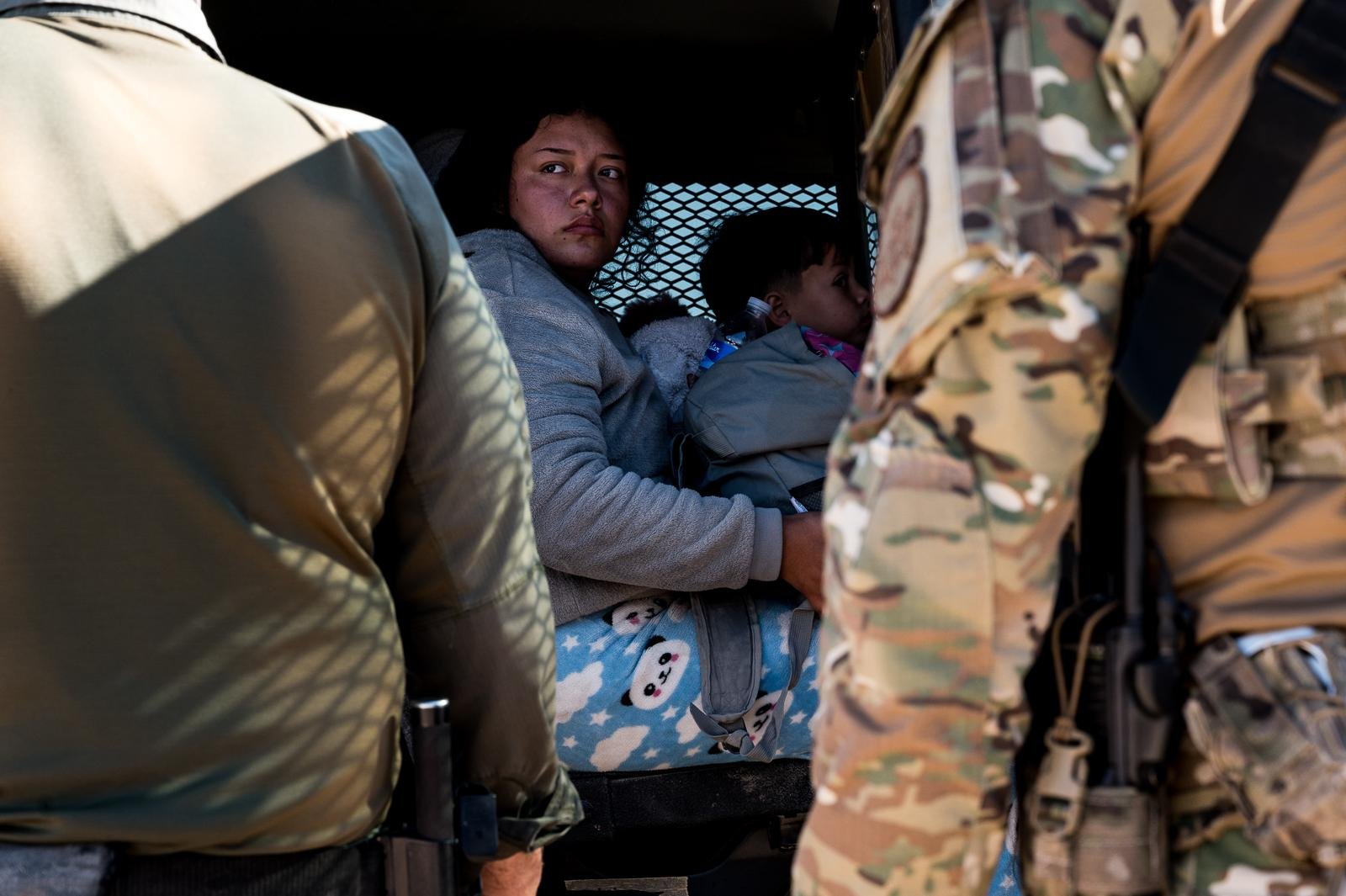border
Opposition Brews Against Az's Prop. 314 Immigration Measure Despite Favorable Polling

A recent debate highlighted the contentious discussions surrounding Arizona’s ballot initiative, Prop. 314. State Senator John Kavanagh, a Republican from Fountain Hills, faced off against state Representative Analise Ortiz, a Democrat representing Phoenix. The issue at hand has sparked significant concern and interest across the state.
Recent polling data from Noble Predictive Insights indicates that nearly two-thirds of Arizona voters support Prop. 314. However, the measure has faced strong opposition from various experts and activists, including law enforcement, who argue that it mirrors the controversial SB 1070 law, much of which was deemed unconstitutional a decade ago.
The poll revealed widespread support for certain provisions: 77% of respondents back holding drug dealers accountable for fentanyl-related deaths, and 75% support requiring employers to verify the immigration status of workers. Nonetheless, the public appears more divided on changes to how migrants access public benefits.
Kavanagh defended the proposition, asserting it targets those who cross borders illegally to traffic drugs and humans, emphasizing the criminal backgrounds of those involved. “These are the worst of the worst,” he stated. He stressed the intent to address a serious issue without impacting those fleeing violence or seeking asylum.
Contrarily, Ortiz raised grave concerns regarding the implications of Prop. 314. She drew parallels to New York’s controversial stop-and-frisk policy, warning that it could transform local law enforcement into de facto federal immigration agents without the necessary funding or training. “This is SB1070, the ‘show me your papers law,’ on steroids,” she argued, rallying opposition from various civic groups.
Prop. 314, dubbed the “Immigration and Border Law Enforcement Measure,” would criminalize crossing the border outside of official entry points, turning first-time offenses into misdemeanors and repeat offenses into felonies. Additionally, it would penalize undocumented people submitting false documents and enforce severe consequences for sellers of fentanyl resulting in deaths. Critics highlight that this could lead to unconstitutional practices, given that immigration laws are primarily a federal matter.
Constitutional concerns were echoed by Governor Katie Hobbs when she vetoed similar legislation earlier this year. The Republican-controlled Legislature subsequently advanced the issue to voters via a ballot measure, something the governor cannot veto. Proponents cite the law’s authority based on claims of “military invasion.” However, the federal government contests these claims, arguing that such state measures overstep constitutional boundaries set by established precedents.
Opinions diverge sharply regarding Prop. 314’s potential consequences. While Kavanagh insists it will bolster public safety, many experts and community leaders warn of a revival of fear among Latino populations, recalling the negative impacts of SB 1070, which prompted many to refrain from reporting crimes out of fear of deportation.
The enforcement of Prop. 314 could impose significant financial burdens on state resources. Estimates suggest an annual enforcement cost of $3.8 million solely for the Department of Public Safety, with overall costs projected at $41 million. Other analyses hint at even higher expenses due to increased incarcerations and additional administrative costs.
The business community has voiced strong opposition, fearing ramifications for Arizona’s economy. Monica Villalobos, president of the Arizona Hispanic Chamber of Commerce, declared it an “anti-business policy,” impacting industries from hospitality to construction. Other local chamber leaders echoed sentiments that Prop. 314 could detrimentally affect the labor supply amid already severe workforce shortages.
Amid these debates, questions persist regarding the effectiveness of Prop. 314 in addressing the fentanyl crisis. Evidence suggests most fentanyl is smuggled through official ports of entry, often by U.S. citizens, raising doubts about the proposed legal measures’ actual impact on smuggling.
Opponents range from immigrant advocacy groups to local religious leaders, all emphasizing that the law could lead to racial profiling and unjust treatments. Workers at the Josefina Ahumada Worker’s Center are particularly concerned about the potential for criminalization and heightened fears within immigrant communities.
As the election approaches, the future of Prop. 314 hangs in the balance, with many stakeholders closely monitoring the implications of this controversial measure.


















